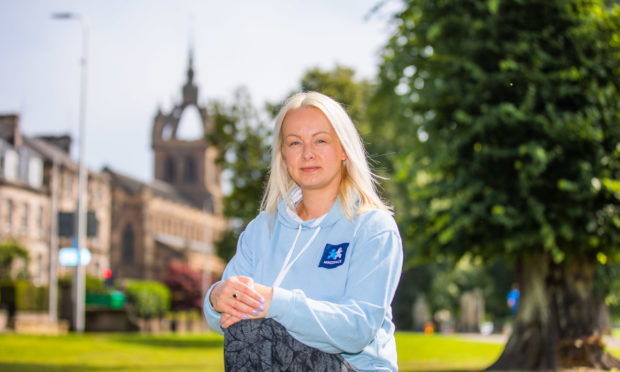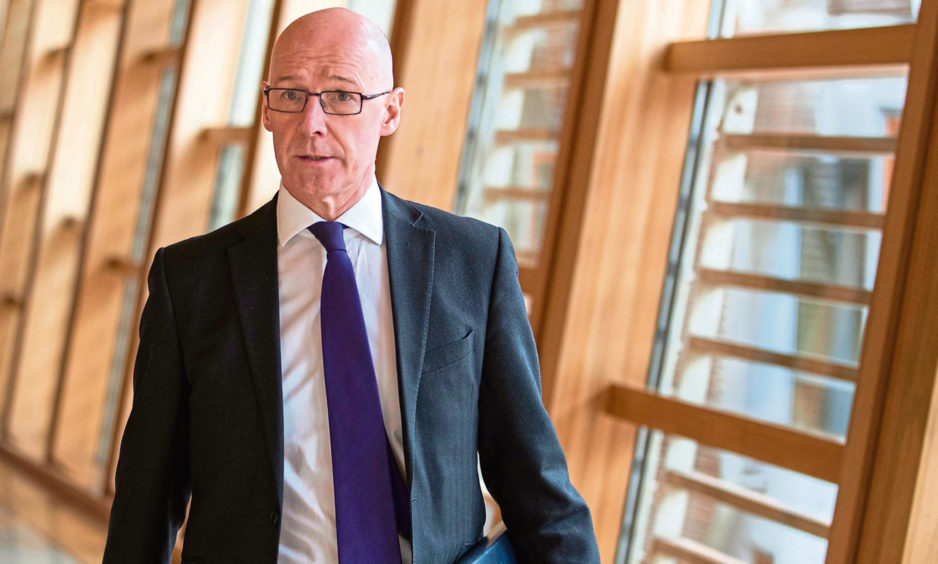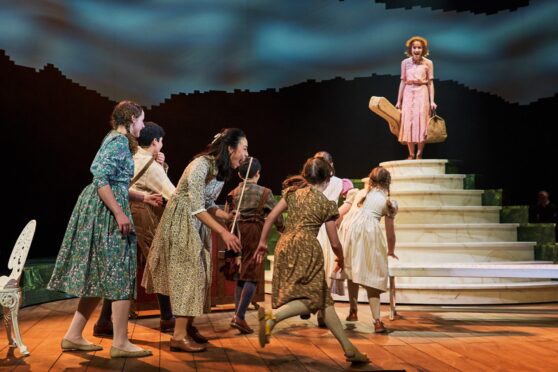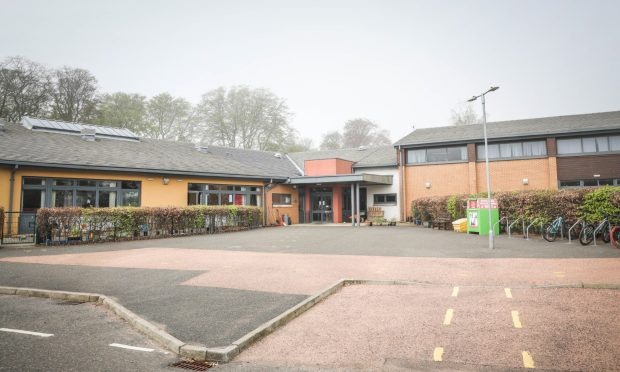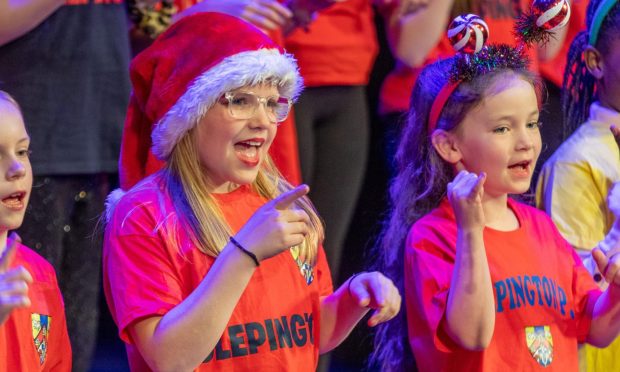Mental health charities must be allowed to open alongside schools in order to tackle children’s mental health concerns, according to a Perthshire charity.
Alice Pearce, young people’s recovery facilitator at Mindspace, said she fears many young people could be suffering in silence due to the lack of face-to-face support.
She has called on Education Secretary John Swinney to make youth mental health “a priority” by enabling the charity to work alongside schools from August, as she fears the charity may not be able to reopen its doors at all this year.
Since moving sessions online, counselling has soared during lockdown, however engagement with peer groups has declined as many children have been too nervous to discuss issues over the internet.
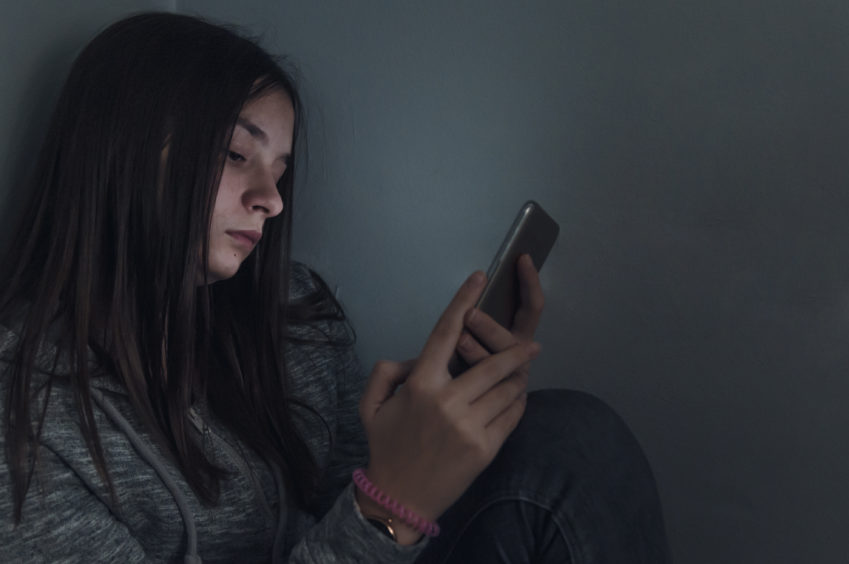
Instead resource packs have been made available alongside a Facebook Messenger service where young people can go for direct support.
But many do not understand why meetings cannot restart and Alice fears they may be unable to reach vulnerable children.
She explained: “The difficult thing is explaining all of this to young people because they’re going back to school where they’re mixing with each other.
“There’s definitely a need for face-to-face groups again and we’re getting a lot of young people reaching out for support. Many are unable to sleep at night and a lot of kids come to us about bullying.
“That’s coupled with the fear of missing out on social interactions and they’re really feeling it. We’re struggling to reach them the way we need to. I worry it’s going to push a lot of young people into a dark place.”
Alice has encouraged young people to get in touch with the charity if they’re struggling and hopes charities such as Mindspace will be able to work alongside schools to reach as many vulnerable youngsters as possible.
The charity had intended to launch a pilot project at Perth High School before lockdown which would have featured a mix of counselling and group sessions and staff are awaiting guidance on whether these types of schemes will be permitted.
Mr Swinney, Perthshire North MSP, said mental health support will be at the heart of back to school planning and every secondary school will be allocated a counsellor to tackle issues caused by Covid-19.
A Scottish Government spokesperson said: “We want all support services – including those delivering face-to-face mental health support – to be back to normal operations as soon as possible but we need to be sure that it is safe for them to do so.
“Education authorities and schools already have a wide range of approaches and strategies in place to support pupils’ wellbeing and we are committed to strengthening the resources available for that purpose.
“That includes investing in access to a counsellor in every secondary school and developing new mental health training for school staff.”
Counselling is ‘not the answer’ for every child
This measure is a “welcome start” for Alice but more has to be done to support every pupil.
“I think we need to be careful because counselling isn’t the answer for everybody,” she said.
“Some people find one-to-one sessions too intense and it doesn’t work for them. Schools need a broader approach, like the pilot we’re involved in, where there is one-to-one counselling but also group work.
“Having that option for young people is very important so they don’t feel like counselling is all that’s on offer. It’s important they feel they’re in control and can choose what works for them.”
It follows the news that Childline counselling sessions have seen an increase of almost 20% in Scotland.
More 11-year-olds and younger are also reaching out to Childline over lockdown related concerns – a 37% increase.
Lauren Burke, Childline senior supervisor, told The Courier many children have had their mental health issues exacerbated by the pandemic.
Children typically call the service over a range of concerns, such as family relationships, suicidal thoughts and isolation.
The charity fear calls could rise even more once restrictions are lifted.
Lauren said: “Restrictions being lifted doesn’t necessarily mean their problems will go away. There might be a different host of issues that children will face, like returning to school or rebuilding relationships.
“I’ve seen more than ever during lockdown that Childline is a lifeline for young people.”
